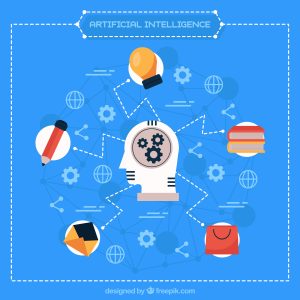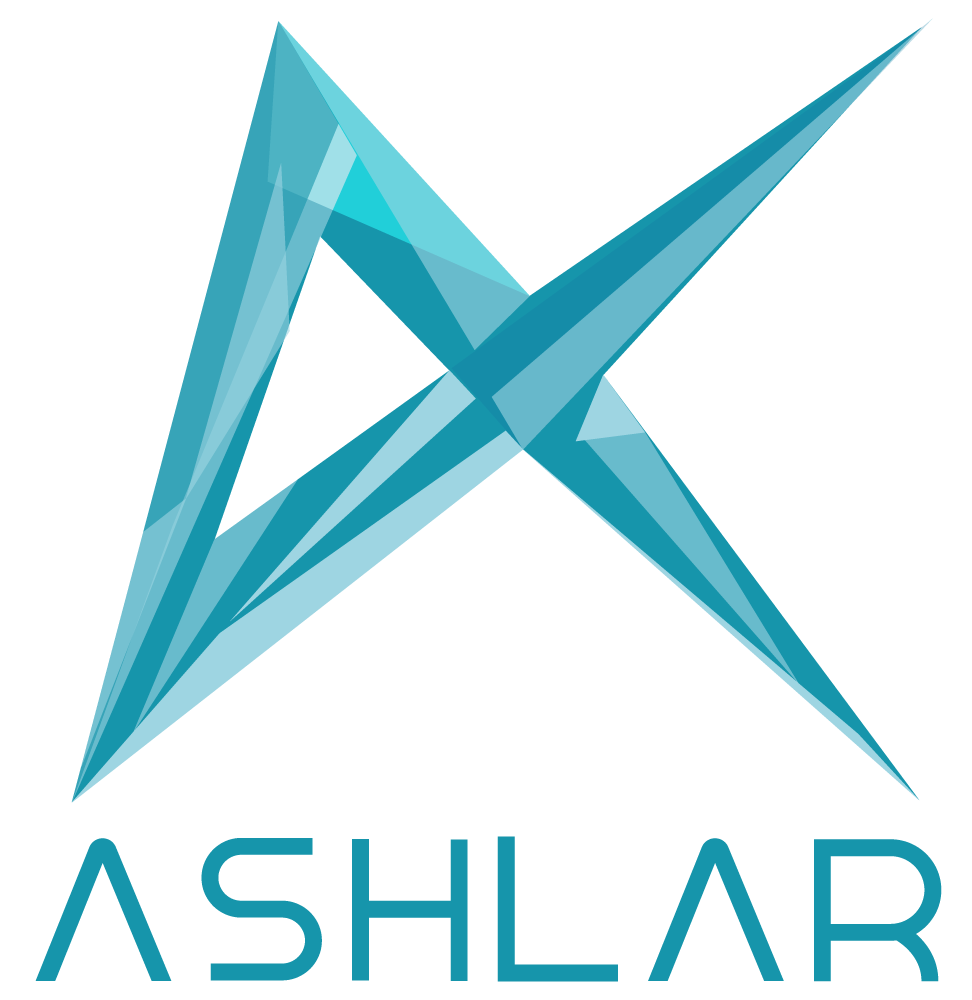Building Scalable AI Solutions: Best Practices for Enterprises in 2025

In 2025, artificial intelligence has moved beyond experimentation—it’s a core strategic asset. Enterprises around the world are investing in scalable AI solutions to increase productivity, improve customer experiences, and unlock new business models. However, while many organizations have dipped their toes into AI, scaling those efforts remains a significant challenge.
At Ashlar, we specialize in delivering AI software solutions that are built not just to function—but to grow. In this article, we’ll explore the key principles of AI implementation, common enterprise pitfalls, and best practices for building AI that performs at scale.
Why Scalability Matters in AI
Many businesses begin with small AI projects—pilot chatbots, data analysis tools, or automated workflows. But as the use cases expand, the systems must scale to handle more data, users, models, and integrations.

Without scalability, enterprises face
- System breakdowns during growth
- Data bottlenecks
- Increased operational costs
- User dissatisfaction due to poor performance
That’s why building AI for enterprises isn’t just about model accuracy—it’s about designing platforms that can adapt and grow with your business.
Benefits of Scalable AI Solutions

The future of business automation lies in deploying AI agents across departments, enabling seamless task execution without human intervention. These intelligent systems can automate:
- Enterprise-Wide Adoption
Deploy AI across departments, from marketing to HR to logistics, ensuring consistent results. - Increased ROI
Scalable solutions reduce the need for costly rebuilds and generate value as usage increases. - Enhanced Performance
Handle growing data volumes and complexity without latency or downtime.
Future-Proof Infrastructure
Scalable AI aligns with cloud-native, modular architecture principles—keeping your enterprise agile and ready for innovation.
Best Practices for Building Scalable AI Solutions

Here’s how enterprises can design AI systems that are reliable, maintainable, and scalable:
1. Start with a Clear Business Use Case
Before writing code or training models, identify a specific business problem that AI can solve.
Ask:
- What value will this solution deliver?
- Who will use it, and how?
- What are the success metrics?
Example: Using AI to predict supply chain delays or customer churn.
2. Choose the Right AI Architecture
AI architecture includes how models, data pipelines, APIs, and UI components interact. Scalable AI should be:
- Modular – Each component (data ingestion, training, serving) should be independently upgradable.
- API-Driven – Make it easy to integrate with other enterprise systems.
- Cloud-Native – Use scalable cloud infrastructure (AWS, Azure, GCP) for elasticity.
Ashlar’s engineers build AI software solutions using microservices, containers (Docker), and Kubernetes to ensure scalability from day one.
3. Design for Data Scalability
The performance of any AI system is only as good as its data pipeline. Enterprises must:
- Ensure real-time data ingestion capabilities
- Automate data cleaning and transformation
- Use data lakes or warehouses that can grow with demand
Tools like Apache Kafka, Snowflake, and Google Big Query can be leveraged for large-scale data operations.
4. Leverage Pre-trained Models & Transfer Learning
Training models from scratch can be expensive and time-consuming. Instead:
- Use pre-trained models (e.g., BERT, GPT, Vision Transformers) as foundations.
- Apply transfer learning to fine-tune these models to enterprise-specific tasks.
This approach reduces training time and ensures better generalization.
5. Automate the AI Lifecycle (MLOps)
Scaling AI is not just about training models—it’s about managing them efficiently across the entire lifecycle.
Implement MLOps practices to:
- Version control datasets and models
- Automate training pipelines
- Deploy models into production securely
- Monitor model drift and retrain as needed
Ashlar’s AI implementation experts deploy tools like MLflow, Kubeflow, and CI/CD pipelines to automate AI delivery.
6. Focus on Responsible AI
As you scale, governance and ethics become critical.
- Ensure model transparency and explain ability
- Implement bias detection and mitigation
- Comply with global data privacy regulations (GDPR, HIPAA)
Ashlar helps enterprises deploy AI solutions that are both powerful and compliant.
7. Integrate Human-in-the-Loop (HITL) Systems
Incorporate feedback loops where humans validate AI decisions—especially in critical applications like healthcare, finance, or legal.
This hybrid model:
- Improves trust
- Reduces errors
- Provides continuous training data

8. Build Cross-Functional Teams
Scalable AI requires collaboration between:
- Data scientists
- Software engineers
- DevOps
- Domain experts
- Business analysts
9. Plan for Model Monitoring & Maintenance
Models degrade over time due to data drift or changes in behavior. Enterprises should:
- Monitor performance in real-time
- Use A/B testing to compare models
- Set triggers for automatic retraining
Scalable systems include model monitoring as a core function—not an afterthought.
10. Invest in Change Management
AI isn’t just a tech shift—it’s a culture shift. Ensure:
- Training programs for employees
- Open communication about AI goals
- Incentives for adoption
Ashlar supports enterprise teams with workshops, onboarding, and post-implementation support to ensure adoption.
Common Pitfalls in Scaling AI (And How to Avoid Them)

Isolated Projects
AI systems built in silos are hard to scale. Integrate early with your enterprise systems and workflows.
Poor Data Infrastructure
Without proper data governance, scaling AI becomes chaotic. Invest in scalable, secure data frameworks.
No Long-Term Roadmap
Treat AI as a long-term investment. Create a roadmap that aligns AI solutions with business objectives.
Use Cases of Scalable AI for Enterprises

Financial Services
- Risk modeling
- Algorithmic trading
- Fraud detection
Healthcare
- Medical image diagnostics
- Predictive patient care
- AI triage chatbots
Retail & E-commerce
- Inventory forecasting
- Personalized product recommendations
- Customer support automation
Manufacturing
- Predictive maintenance
- Quality control via computer vision
- Supply chain optimization
Why Choose Ashlar for Enterprise AI Solutions?
At Ashlar, we specialize in delivering AI for enterprises—solutions that grow with your business. Our services include:
- Custom AI software development
- Cloud-native deployment and scalability planning
- Data engineering and infrastructure
- Ongoing support, optimization, and monitoring
- Integration with RPA, ERP, and CRM systems

We combine deep technical expertise with business insight to build AI that performs at scale.
👉 Explore Ashlar’s AI/ML Services
👉 Hire a Remote AI Team
Conclusion
Scalable AI is no longer optional—it’s a necessity for enterprises looking to compete in the digital era. From choosing the right architecture to ensuring responsible AI governance, every step matters. With a reliable partner like Ashlar, your organization can go from isolated experiments to enterprise-wide AI adoption—securely, efficiently, and intelligently.
Ready to scale your AI?
Contact Ashlar today and future-proof your business with cutting-edge AI solutions.








